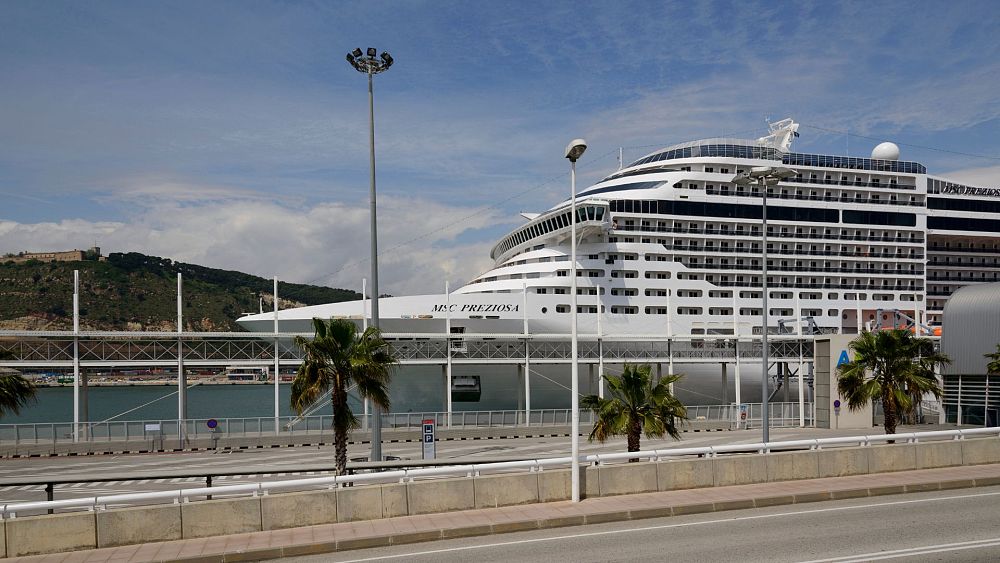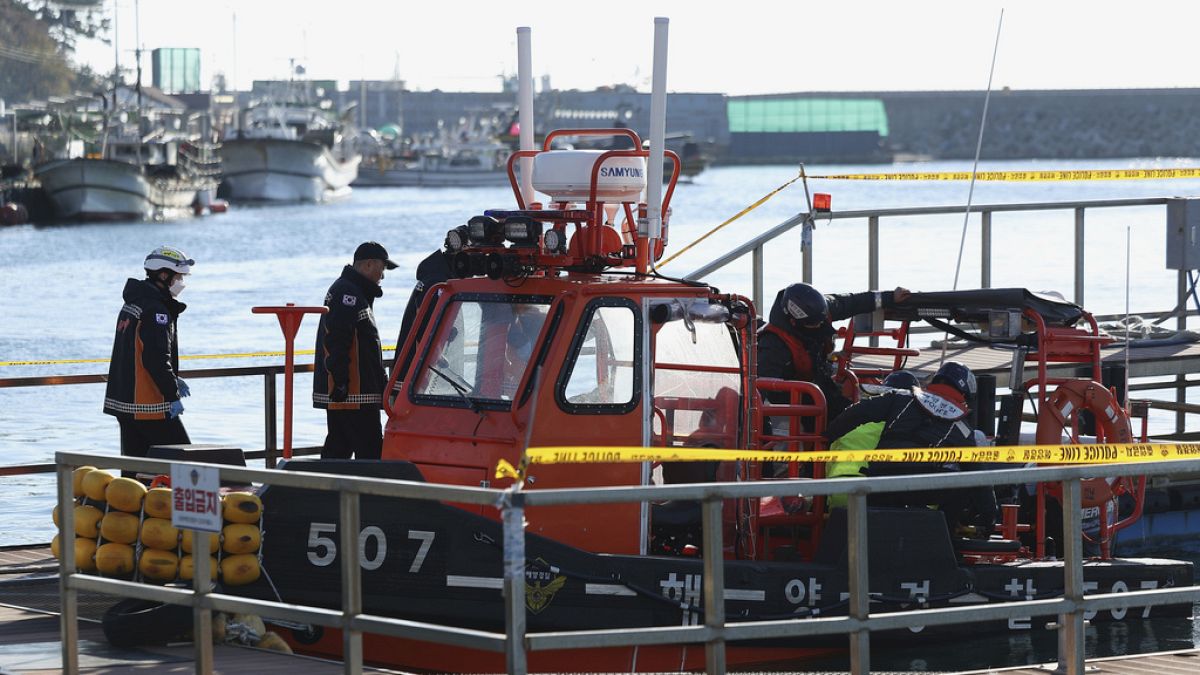Barcelona cracks down on cruise ships in its city centre

New rules will come into force this month, including cruise ship caps and dock closures.
Barcelona is closing its city centre to cruise ships.
The giant vessels will no longer be allowed to dock at the city’s Muelle Barcelona Norte northern docks or the World Trade Centre.
Instead, they will be forced to stop at Moll d’Adossat pier south of the Catalonian capital – a 30-minute shuttle bus ride from the city centre.
A stricter daily cap of seven cruise ships per day, down from 10, will also be enforced to help combat pollution and overtourism.
The new rules are expected to come into force on 22 October.
Why is Barcelona limiting cruise ships?
Barcelona is Europe’s busiest cruise port, welcoming more than 2.7 million passengers per year. It was also ranked as the worst cruise port for air pollution in Europe in a study carried out by the Transport & Environment NGO group last year.
The city has long been toying with the idea of limiting cruises. An agreement between the Port of Barcelona and the city council in 2018 aimed to combat the negative impact of the cruise industry on local residents.
In 2022, then Mayor Ada Colau voiced support for a daily cap on ships, noting that 40 per cent of cruises only stop in the city for four hours.
“They don’t give the city economic return, and thousands of people disembark, create great mobility issues and then leave. It is an industry we have to limit,” she told British newspaper The Times.
As well as reducing the impact of overtourism on locals, it is hoped the new rules will slash exhaust emissions in the city centre.
Barcelona’s north wharf will be transformed into new public spaces
Around 340 cruises and ferries per year will be diverted from Barcelona Nord wharf, located in the World Trade Centre, which welcomed its last ship on 2 October.
This will free up 630 metres of quay line, which will be developed into 13,600 square metres of “new public spaces”, according to the Port of Barcelona.
Residents can expect to access the space from next autumn, following the 37th America’s Cup sailing race.
The Port of Barcelona is also investing €80 million in electrifying the Adossat wharf, which will mean ships no longer produce emissions while berthed at the port.
Where else is limiting cruise ships?
Barcelona has taken inspiration from other ports, like the Spanish city of Palma which last year introduced a limit of three ships per day, of which only one can carry more than 5,000 passengers.
Elsewhere in Europe, Venice stopped large cruise ships from anchoring in its historic centre in 2021. UNESCO recently threatened to put the city on its endangered list unless the ships were permanently banned, due to damage to the lagoon.
The mayor of Marseille, France’s biggest cruise port, has also spoken out against the industry, claiming it is “suffocating” the city with air pollution.
This sentiment is spreading in France, with protesters in Douarnenez, Brittany, recently greeting cruise passengers with cries of “shame on you!”, “you are not welcome” and “go home”.
Amsterdam, Santorini and Dubrovnik have also tightened restrictions on cruise companies in recent years.
Source: Euro News















